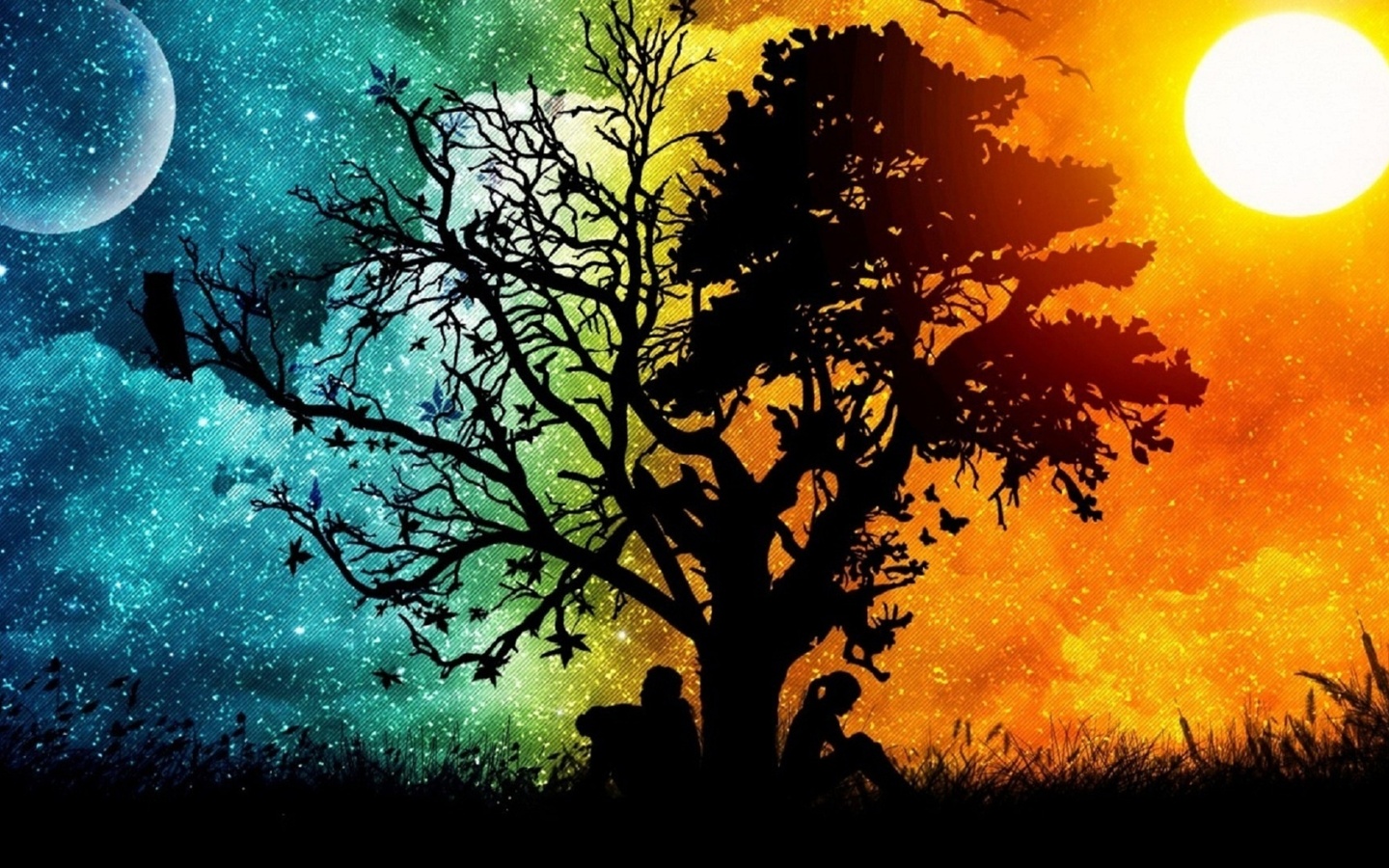Put Your Oxygen Mask on First
“The best place to find a helping hand is at the end of your own arm.”
~Swedish Proverb
When you fly on a commercial airplane, the flight attendant instructs you in the case of a sudden loss of cabin air pressure to put your oxygen mask on first before helping others. Why is this an important rule for ensuring survival? Because if you run out of oxygen, you can not help anyone else with their oxygen mask.
We can apply the oxygen mask metaphor to everyday life. On the physical dimension we can become overwhelmed, tired, bored, or frustrated by our day to day world. There are many demands and expectations to which we surrender ourselves and sometimes we lose sight of who we are. We distance ourselves from taking care of our mind, body and soul.
On a metaphysical level, we live in times where there are major shifts underway as ascension is happening and we find ourselves living or having the majority of our experiences in the third dimension as fifth dimension characteristics reveal themselves. This can cause agitation, a feeling of loss or confusion and even physical symptoms. In this state we may feel that things are not as they appear and we may find ourselves trying to hold on to what has been, but know we need to let go. This can put many in a state of gasping for air.
But we can not contribute our gifts, talents, compassion or creativity, love or intelligence—in short our destiny to the world—if we are gasping for air ourselves. It is difficult if not impossible to help others if we do not first help ourselves. We need to first experience helping ourselves and taking care of ourselves. We can only know how to help others when we have had the experiences of helping ourselves. 
Our ability to help others and the world around us—our helping power—is a reflection of our knowledge, attitude and talent or skill. In order to help others, we need to invest in increasing our helping power and impact. And this starts with taking care of yourself on the dimensions of mind, body and soul.
I realize that for many this may seem selfish. But this reaction is rooted in the lower vibrations of judgement or expectation of the third dimension. If we think about the oxygen mask metaphor, if we do not put on our masks first we will be deprived of oxygen, become unconscious and not be able to contribute to help others or to make that difference. There can be detrimental consequences.
If we allow ourselves to understand ourselves, to reflect, gain clarity, to practice gratitude, to rest and to be well both physically and mentally, we will have the ability to truly help others. If you allow yourself to have experiences that foster your knowledge, talents and attitude and to improve your overall well-being, you improve your ability to help others.
Also, we need to be cognizant of the difference between empathy (to care about others and understand their feelings) and sympathy (actually helping others). This may sound counter-intuitive, but if you are seeking to make change you need to first focus on evolving yourself. Only when you are equipped to help by nurturing yourself will you find your contributions more meaningful and fulfilling. With this, I encourage all to put on your oxygen masks first.





